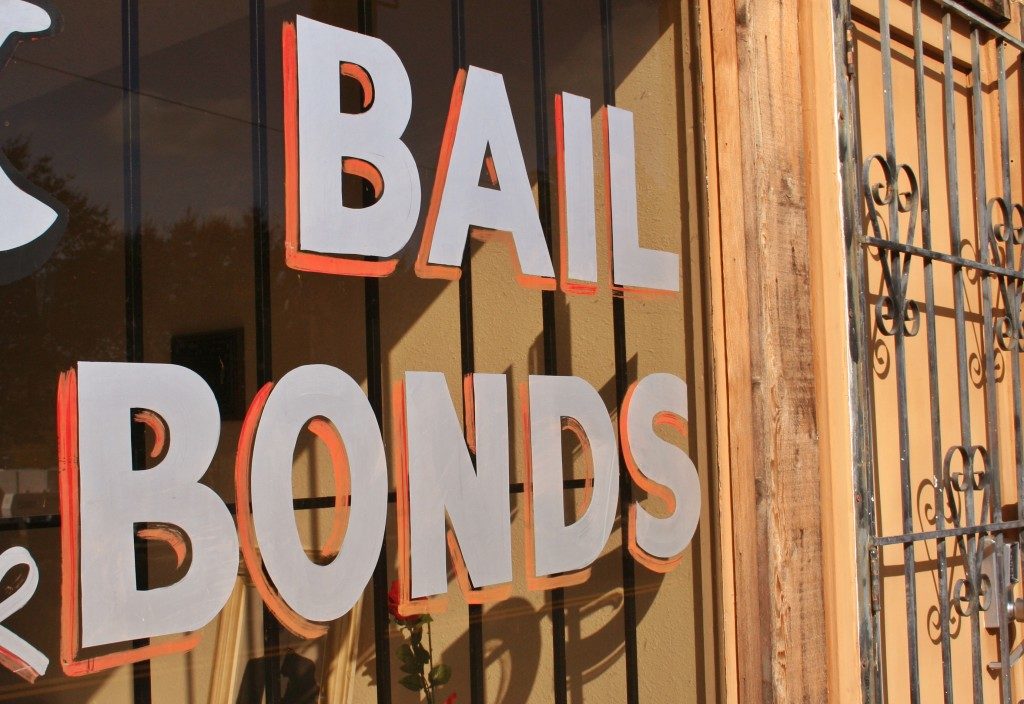Social media is a double-edged sword when it comes to relationships. There’s no doubt that it has made social connections better, offering platforms to revisit old friends, meet potential life partners, and share family life. But at the same time, it also broke many relationships.
In fact, the majority of marriages that end in divorce was sparked by a Facebook message with an old fling or a racy photo posted on someone’s feed. The negative impact of social media doesn’t end there, though. As Townsville lawyers explain, it seeps into the very divorce proceedings.
That’s why if you’re going through a divorce, you better think twice before posting on this double-edged sword of technology. Here are the ways social media can make your divorce more nerve-racking:
It damages your credibility
This often happens in the aspect of finances. Of course, people don’t disclose their income on social media, but there’s plenty of suggestions online how much people are making with, say, their posts of holiday vacations in exotic islands or images of cars they recently bought.
If someone claims of a lower income to avoid higher child support payments or conceal some assets so as not to be included in property settlement disputes, those pieces of online content would work against their story and credibility.
Now, even if a partner unfriends the other on social media, there’s no guarantee that the latter won’t be able to access these posts. Remember, mutual friends can still see it. Since the court demands full and frank disclosure, one can be slapped with more burdensome responsibilities.
It can make you lose custody of your child

When you’re in the middle of a pending court case, everything about you as a parent is scrutinized. Your ex can bring your social media photos or videos to court and suggest that you’re unfit to take care of your child.
Beware of posting pictures of you getting drunk with friends or statuses saying stuff like “You’re relieved that the children are gone for the weekend.” On ‘normal’ days, these are trivial, funny even.
But when there’s a custody matter running in the background, these can paint a not-so-good image of you as a parent. If you’re fighting for primary physical custody, these will hurt your case, for sure. So, before you publish anything, even the pettiest piece of content, think before you hit click.
It could get you in jail
Divorce proceedings can be really frustrating, and sometimes people find themselves ranting online, saying how their ex is a compulsive liar or how the judge seems biased. It’s an outlet for the bitter stress of divorce, but it can get you in trouble.
According to Section 121 of the Family Law Act 1975, it’s illegal to identify publicly people involved in a pending divorce case. You can spend a maximum of one year in jail for it. So, quit venting emotions or opinions about your case on social media.
Instead, go to a trusted friend or family member for support. See a therapist, if necessary. Whenever you feel the urge to rant, drop your phone, step away from your computer, do something else.
Again, social media can leave a serious dent on divorce cases, throwing new layers of complexity in an already-complicated, fragile matter. So, for the sake of your sanity, limit your use of social media. Redirect your energy to more productive matters, such as finding healing and taking care of your children.



